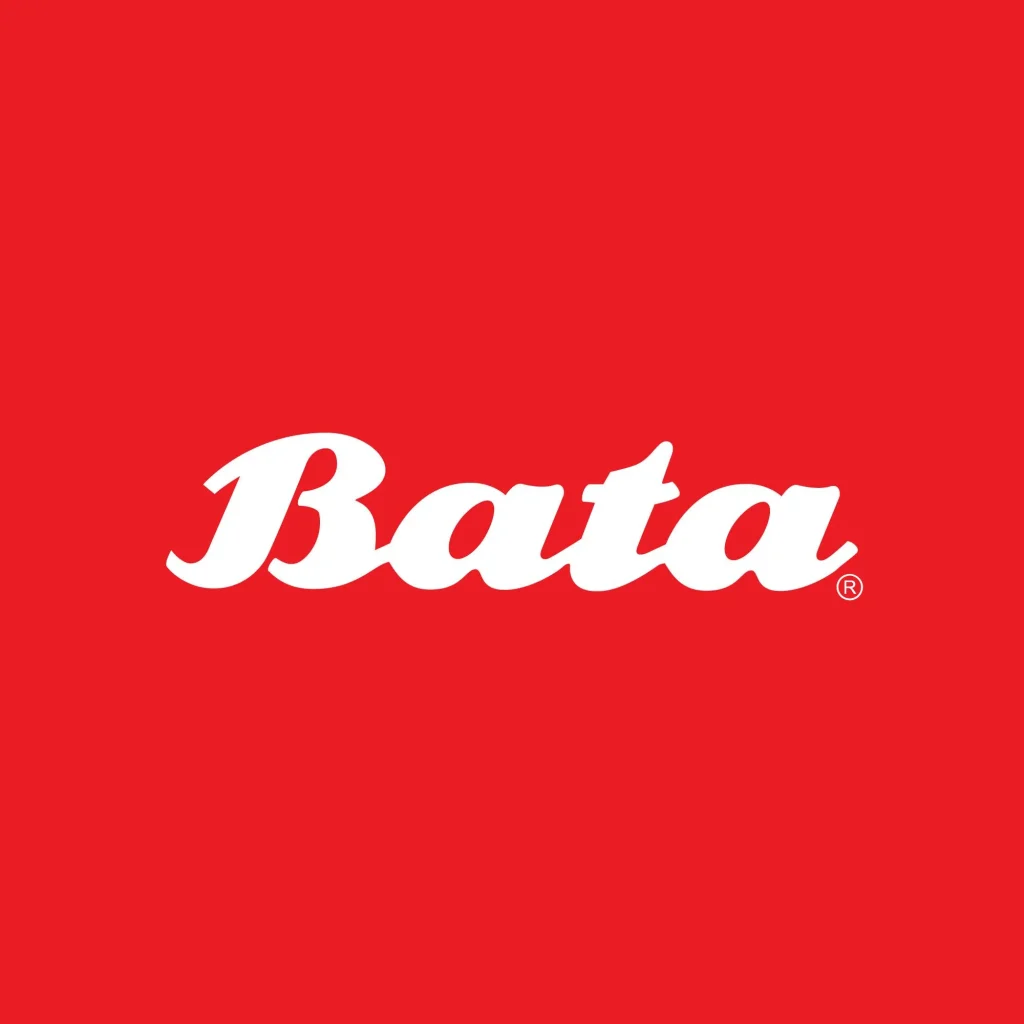Footwear giant Bata India Limited is currently negotiating with quick commerce companies to invigorate its sales, which have plateaued over recent quarters. Amidst a challenging market environment, the company is aiming to enhance its delivery capabilities and meet growing consumer expectations.

10-Minute Delivery in the Pipeline
Gunjan Shah, MD and CEO of Bata India, revealed that the company is in the final stages of discussions with two quick commerce firms to implement a 10-minute delivery service. This new initiative will involve stocking inventory at dark stores, allowing for rapid fulfilment of high-demand items. “We are on the verge of finalising this and expect to launch it soon,” Shah stated.
Expanding Delivery Options
Currently, Bata offers a 72-hour delivery service for products not immediately available in-store. Gunjan Shah highlighted the value of this model in addressing situations where specific items, like school shoes, are urgently needed but not in stock. “This model provides a timely solution for such scenarios,” he added.

Balancing Simplicity and Inventory
Gunjan Shah emphasised the challenge of balancing simplicity and inventory management with the need for swift delivery. He acknowledged that quick commerce is successful in categories with a range of products, which presents inventory challenges. Striking the right balance will be crucial to effectively implementing this model.
Revenue and Market Performance
Bata’s revenue for the April-June quarter saw a slight decline, reaching ₹944 crore compared to ₹958 crore in the previous quarter.Gunjan Shah attributed the dip to a sluggish consumption environment influenced by elections and a heatwave. Despite this, the company achieved better-than-expected gross margins through tight operational management.
Targeting New Consumers
To adapt to shifting consumer preferences, Bata is focusing on athleisure products and leveraging social media marketing.Gunjan Shah noted that despite sluggishness in middle and lower price segments, the company is gaining insights into consumer needs and price-value expectations through its apparel line.
Competitive Landscape and Market Share
Bata’s market share has remained stable amidst growing competition from direct-to-consumer (D2C) brands. Gunjan Shah acknowledged that while post-COVID recovery initially boosted the market, growth has been flat over the past four to six quarters. The company continues to focus on renovating stores and enhancing consumer experience, having upgraded 37 stores in the latest quarter.

Impact of Competition
Gunjan Shah viewed competition from D2C brands positively, citing it as a source of inspiration and innovation for Bata. He underscored the company’s strengths in size and scale, which enable it to reach consumers effectively and maintain a competitive edge.
Economic and Consumer Spending Insights
Ashwani Windlass, Chairman of Bata India, highlighted that while the domestic economy has grown at a rate surpassing the global average, discretionary consumer spending has softened. This trend has affected the footwear industry, with premium products experiencing stronger retail demand compared to other segments.
